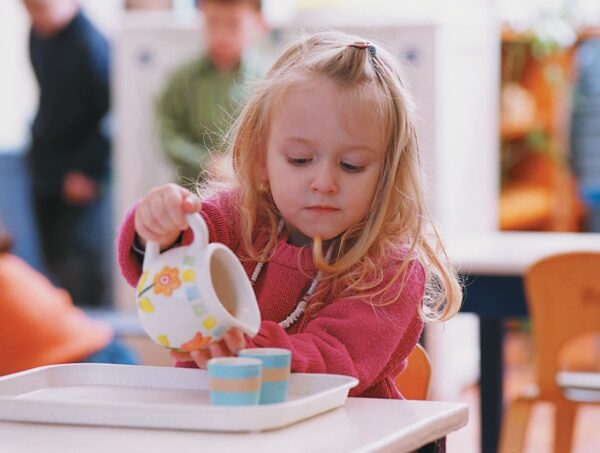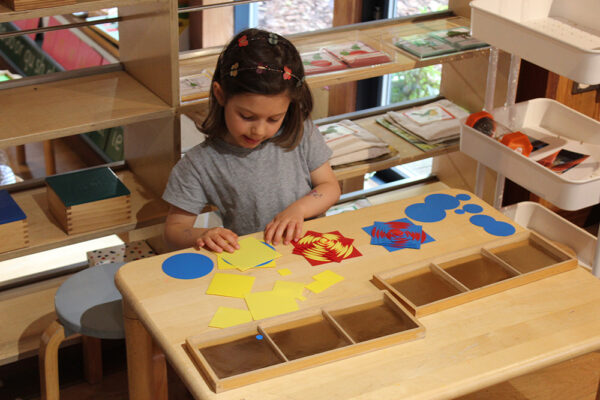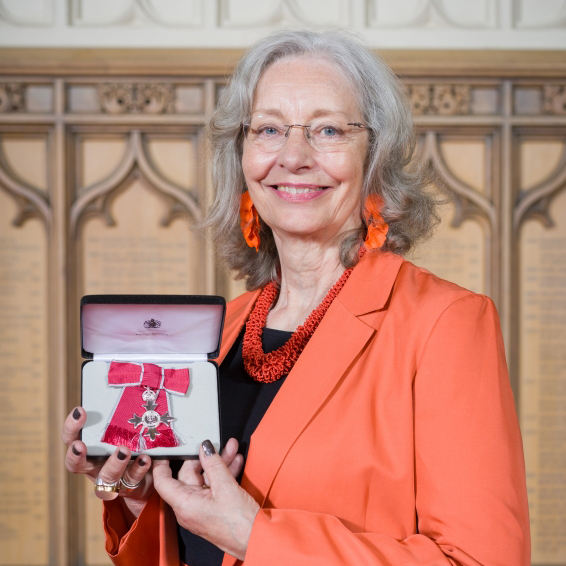
This is particularly true for children who are in the process of gaining control over themselves, either physically, emotionally, or intellectually. Mistakes are a natural and integral part of the learning process: just as we stumble before we stride, we stutter before we gain syntax. Young children need time to gain control of themselves and lots of practice when learning something new. It takes time to understand which shoe belongs on which foot or how to grasp the handle of the jug and gain control of your limbs enough to pour precisely with absolute precision.
“When the child concentrates their attention on some object that attracts them and which provided them not only with a useful exercise but with a control of error . . . the child becomes calm, radiantly happy, busy, forgetful of themselves and, in consequence, indifferent to prizes or material rewards.”Maria Montessori
In a Montessori classroom children have the freedom to make mistakes. They learn to persevere and through repetition of an activity, learn to perfect it. In our school you see just that, a child repeating an activity, exploring the parameters of the possible, ultimately abstracting the concept and understanding it for themselves. The child should never feel judged, especially over things which they, as yet, have very little control.
Lack of confidence and being judged on performance leads to insecurity and the child that might have tried will begin to say, quietly, “I can’t”. Such a statement is bound to break hearts, but we know that every child, given the right incremental scaffolding, can and will be able to build up to their desired goal. With patience and often humour the adult in the classroom can reach out to each child and propel them gently on their way.
Sometimes it is difficult for an adult to see a child struggling and to resist the urge to help, but it is the effort the child must make for themselves that is key. The child that struggles to open and close those buttons or ride that bike without training wheels is a picture of joy and triumph when they are finally able to achieve their goal and say “I did it!” From the effort comes not only achievement of the skill itself, but also the self-esteem which builds the child’s ability to persevere in the face of adversity.
In the Montessori classroom you don’t see the adult hovering over the child, suggesting by their very presence, that the child is not capable and that they will need help. Instead, you see an adult who protects the child’s natural curiosity in the activity and will return on another day and present the part that was difficult in such a way as to rekindle the child’s interest.
Mistakes are in fact an opportunity: if we don’t allow the child to make them, they will never know the joy of their eventual success, or gain the elusive confidence they need to try new things – and fail and try again.












